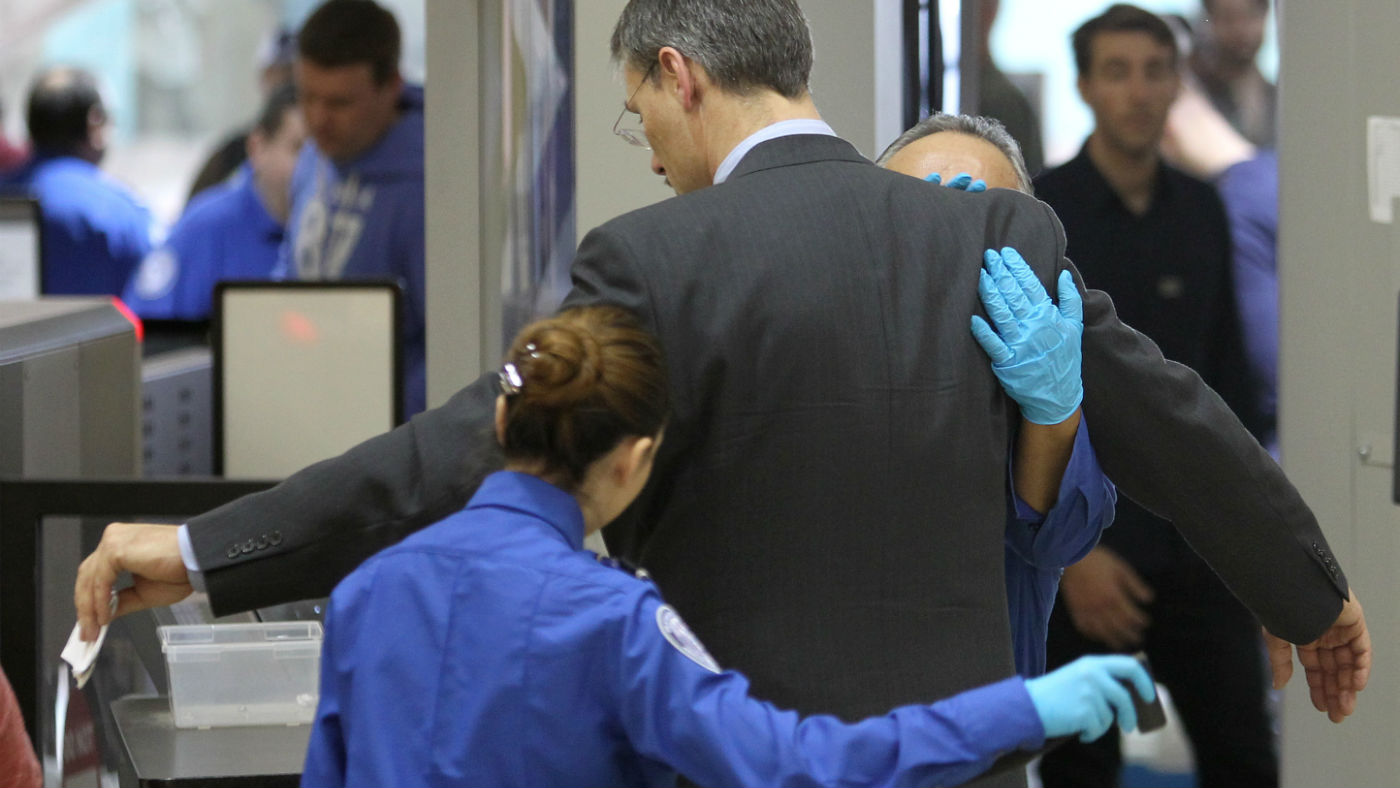New US airport security checks do not extend laptop ban
Homeland Security 'cannot play whack-a-mole' with each threat, says John Kelly

A free daily email with the biggest news stories of the day – and the best features from TheWeek.com
You are now subscribed
Your newsletter sign-up was successful
The US has unveiled tougher security checks for flights into its airports, but has not extended its ban on laptops being taken into the cabin.
Homeland Security's new measures include:
- more stringent passenger screening
- heightened attention to electronic devices
- more security protocols around aircraft and in passenger areas
- more scanning technology and dogs.
"If carriers don't implement the measures effectively, Homeland Security still may ban laptops, e-readers and other electronic devices larger than cell phones from cargo holds as well as passenger cabins," the Los Angeles Times reports.
The Week
Escape your echo chamber. Get the facts behind the news, plus analysis from multiple perspectives.

Sign up for The Week's Free Newsletters
From our morning news briefing to a weekly Good News Newsletter, get the best of The Week delivered directly to your inbox.
From our morning news briefing to a weekly Good News Newsletter, get the best of The Week delivered directly to your inbox.
The measures are "vague on specifics in terms of operational application", says the BBC, but they will cover 280 airports, 180 airlines and 2,100 flights per day, carrying 325,000 passengers.
Homeland Security Secretary John Kelly said he had no choice but to tighten security. "Make no mistake, our enemies are constantly working to find new methods for disguising explosives, recruiting insiders, and hijacking aircraft," he said.
"We cannot play international whack-a-mole with each new threat."
In March, the US banned laptops being carried in hand luggage on incoming flights from Egypt, Saudi Arabia, Kuwait, Qatar and Turkey. The UK introduced similar restrictions shortly after.
A free daily email with the biggest news stories of the day – and the best features from TheWeek.com